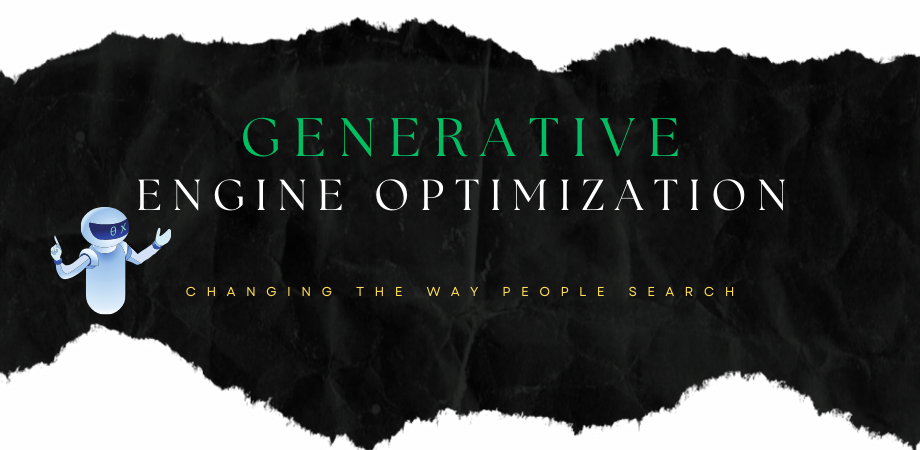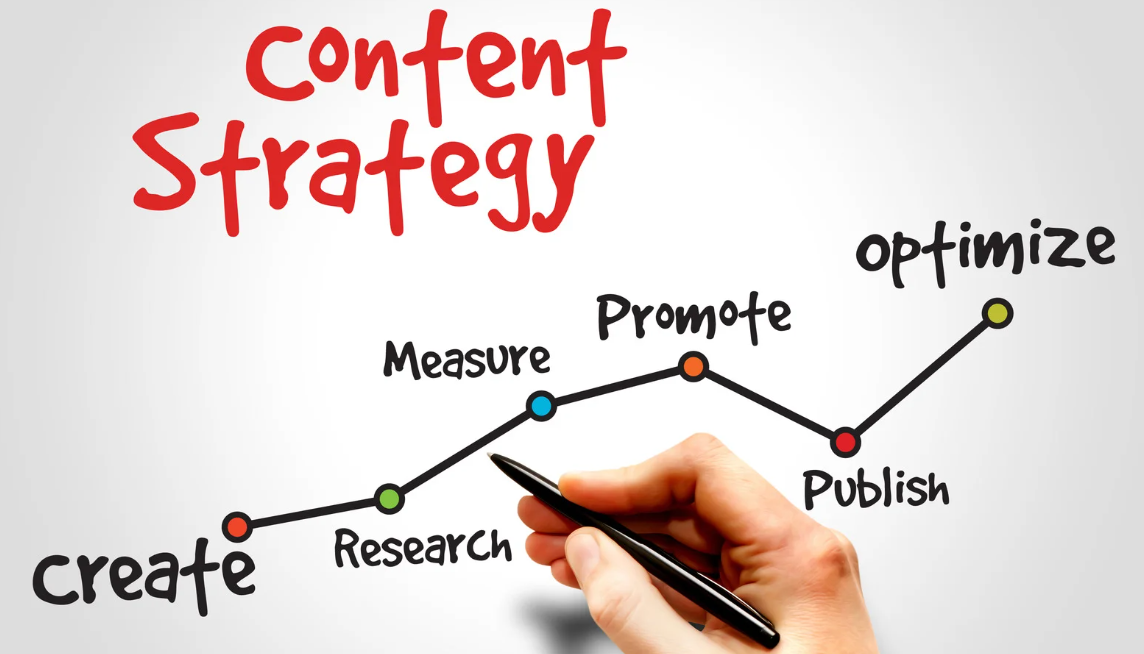The 13 Types of Informational Intent in Search Queries

When crafting content for the web, understanding informational intent is key to connecting with your audience. Informational intent refers to the reason behind a user's search—what they’re trying to learn or achieve through their query. Not all informational queries are the same; they can be categorized into different types, each requiring a unique approach for effective content creation.
Here, we’ll explore 13 different types of informational intent and how businesses and content creators can address them to create more relevant and engaging content.
1. Tactical Intent – Action-Oriented Queries
Tactical intent involves queries where users are looking for practical, step-by-step guidance. They want actionable advice they can implement immediately.
Example: “How to rank quicker on Google.”
How to address it:
Create detailed guides, checklists, or tutorials. Use headings, bullet points, and visuals to make the steps clear and actionable. For example, a blog titled "7 Ways to Boost Your SEO Rankings This Week" would directly address this intent.
2. Foundational Intent – Make It Simple
Foundational queries are about understanding complex ideas or concepts in a simplified, digestible way. These types of searches often signal curiosity or a need for learning
Example: “What is semantic Search Optimization?”
How to address it:
Write beginner-friendly explainer articles. Use plain language, visual aids like infographics, and analogies if needed. For instance, a post like "Semantic SEO Explained in 5 Minutes" works well here.
3. Platform-Specific Intent – Niche-Focused Search Terms
These queries revolve around specific platforms, tools, or systems. Users are looking for tailored solutions within a niche environment.
Example: “SEO for DUDA sites.”
How to address it:
Develop content that focuses on the nuances of the platform. Highlight challenges and opportunities unique to that platform. For instance, a blog post like "How to Optimize DUDA for SEO Success" is targeted and actionable.
4. Comparative Intent – Evaluating Options
Comparative queries seek to assess the pros and cons of different choices. Users want to make informed decisions.
Example: “DUDA vs. WordPress for SEO.”
How to address it:
Create side-by-side comparisons with honest insights. Use tables, pros and cons lists, and real-world examples. A title like “DUDA or WordPress for SEO? Here’s What You Should Know” invites clicks and engagement.
5. Problem-Solving Intent – Addressing Pain Points
Problem-solving queries arise when users are facing specific challenges and actively searching for solutions.
Example: “How to fix a broken sitemap.”
How to address it:
Write troubleshooting guides or FAQs. Offer practical, step-by-step solutions with screenshots or videos. A blog titled "5 Easy Steps to Fix Your Broken Sitemap" is a great example.
6. Exploratory Intent – Broad Research
Users with exploratory intent are in the early stages of learning, researching broadly before narrowing down their focus.
Example: “What’s the future of AI in SEO?”
How to address it:
Create well-researched, thought-provoking content. Include wide-ranging insights, expert opinions, and data. A long-form article like "Exploring AI’s Impact on the Future of SEO" fits perfectly.
7. Validation Intent – Confirming Choices
Validation queries occur when users seek confirmation about a decision they’re about to make.
Example: “Is Yext worth it?”
How to address it:
Offer honest reviews, case studies, or comparison blogs. Build credibility by addressing both strengths and limitations. For instance, a blog like "Is Yext The Right Local Search Tool for You?" targets this intent effectively.
8. Inspirational Intent – Motivating Content
Inspirational queries aim to motivate, excite, or provide hope. Readers want stories or ideas that spark action.
Example: “Success stories in local SEO.”
How to address it:
Publish compelling success stories or motivational content. Highlight real-world results with emotional appeal. A headline like "How Small Businesses Achieved Big Wins with Local SEO" will capture attention.
9. Localized Intent – Location-Based Searches
Localized queries have a geographic focus, targeting information specific to a place or region.
Example: “Best SEO Marketing Agency near me.”
How to address it:
Enhance your local SEO. Include information about your location, customer reviews, and services specific to the region. For example, a blog called "Why We’re the Leading SEO Marketing Agency in Atlanta" would hit the mark.
10. Educational/Skill-Building Intent – Learning Something New
These queries are for users looking to improve their knowledge or learn new skills.
Example: “SEO tips for beginners.”
How to address it:
Develop beginner-friendly guides, courses, or tutorials. Break down the basics and include examples. A blog like "10 Beginner SEO Tips to Jumpstart Your Website" is ideal.
11. Future-Oriented Intent – Predictive Searches
Future-oriented queries focus on what’s next, often in rapidly-evolving fields like technology and marketing.
Example: “How SEO will change in over the next 5 Years”
How to address it:
Write forward-looking pieces with expert predictions and trend analysis. A title like "5 SEO Predictions Business Owners Need to Know for the next 5 Years" is highly engaging.
12. Contextual Intent – Related Concepts
Users with contextual intent want to understand how different ideas or topics relate to each other.
Example: “How SEO affects PPC campaigns.”
How to address it:
Publish content that connects the dots. Explain the relationships and provide actionable takeaways. For instance, "The Intersection of SEO and PPC: A Guide to Holistic Marketing" is on-target.
13. ROI/Performance-Based Intent – Results-Driven Queries
ROI-focused queries are driven by a need to see proof of performance or value.
Example: “How SEO increased our leads by 50%.”
How to address it:
Highlight case studies, testimonials, and data-backed results. Use visuals like graphs and before-and-after scenarios. A blog like "How Our Clients Saw a 50% Boost in Revenue with SEO" shows your value clearly.
Why Understanding Informational Intent Matters
Each type of informational intent represents a unique opportunity to build trust, provide value, and establish authority. By tailoring your content to address these intents, you can connect more meaningfully with your audience, meet their needs, and improve your rankings in search results.
Start by analyzing your audience’s search behavior and align your content strategy to hit these 13 touchpoints. Whether you're creating a step-by-step guide or an in-depth comparison, addressing informational intent ensures your content stays relevant, actionable, and impactful.
Understanding intent isn’t just about better content—it’s about creating content that truly serves your audience. Which of these intents will you tackle first?
Interactive SEO Intent Quiz
1. A user searches for “How to rank faster on Google.” What type of informational intent does this query reflect?
Correct Answer: Tactical
2. Someone wants to understand “What is semantic SEO?” How would you classify this query?
Correct Answer: Foundational
3. A business owner searches “SEO tips for Shopify stores.” Which type of intent does this represent?
Correct Answer: Platform-Specific
3. A business owner searches “SEO tips for Shopify stores.” Which type of intent does this represent?
Correct Answer: Platform-Specific
4. A query like “Duda vs. WordPress for SEO” represents what kind of intent?
Correct Answer: Comparative
5. When someone searches “How to fix a broken sitemap,” they are likely looking for what type of content?
Correct Answer: Problem-Solving
6. If a user searches for “What’s the future of AI in SEO?”, which intent are they showcasing?
Correct Answer: Exploratory
7. When someone searches “Is Yoast SEO worth it?”, this query falls under which intent category?
Correct Answer: Validation - This query seeks confirmation of Yoast SEO’s usefulness.
8. A query like “Success stories in local SEO” relates to what kind of intent?
Correct Answer: Inspirational - Success stories inspire others to take action.
9. A search for "Best SEO agency near me" is an example of which type of search intent?
Correct Answer: Localized - "Near me" searches indicate local intent.
10. Someone typing “SEO tips for beginners” is looking for which type of content?
Correct Answer: Educational/Skill-Building - This query aims to learn SEO basics.
11. When a user queries "How SEO will change in 2025", they are focusing on which intent?
Correct Answer: Future-Oriented - Predictive searches focus on future trends.
12. A search like "How SEO affects PPC campaigns" best represents which intent?
Correct Answer: Contextual - This query connects SEO and PPC concepts.
13. When someone searches “How SEO increased our leads by 50%,” they are likely interested in what?
Correct Answer: ROI/Performance-Based - The query centers on measurable results.
This query centers on results, making it ROI/performance-based intent.
How did you do? Whether you nailed all 13 or learned something new today, understanding these types of intent will guide you in creating content that truly resonates with your audience!




